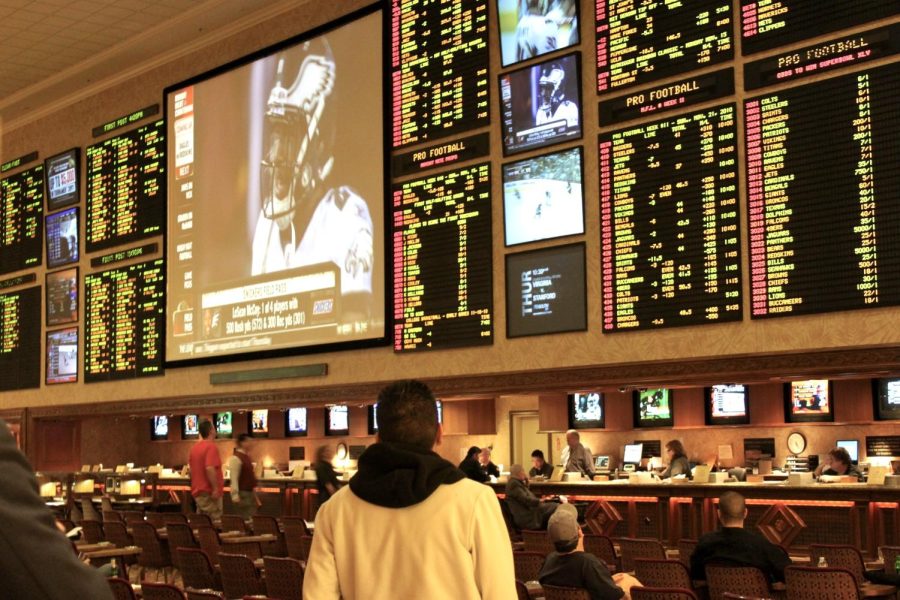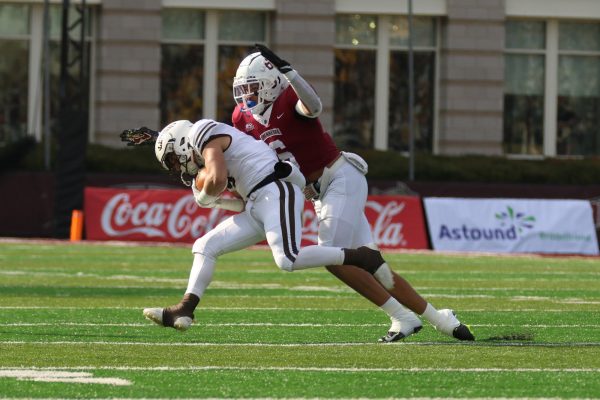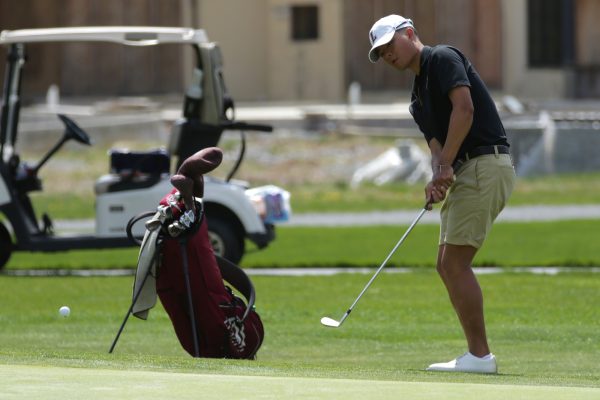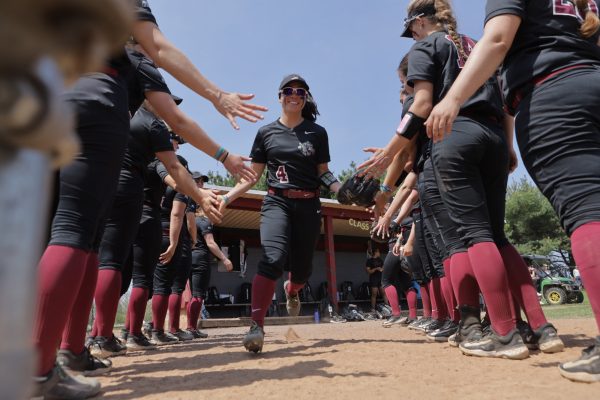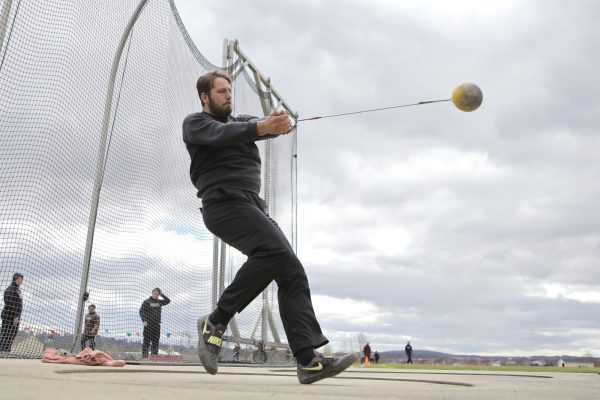Has sports betting been on the rise on campus?
February 25, 2022
Changes in technology and law have fueled a significant rise in sports betting at Lafayette.
“It’s been such a growing thing these past three or four years,” a member of the class of 2021 who wished to remain anonymous said. “Going into my senior year was when sports betting was legalized in Pennsylvania.”
Math Professor Derek Smith explained that a Supreme Court ruling in 2018 allowed states to develop their own laws and policies regarding sports betting. Both New Jersey and Pennsylvania jumped on the change and set up programs.
According to the former student, that decision was key.
“When I turned twenty-one, I thought it was kind of cool to throw a few dollars down on whatever basketball game I was watching,” they said.
Online betting sites and sportsbooks like DraftKings made that easier. Before the legalization of sports betting, students would use illegal bookies to place bets.
“I didn’t do any of that shady bookie stuff, placing bets through other people through Venmo and stuff like that,” the former student said.
A.J. Rosenberg ‘23 said, however, “There are still some sportsbooks that are only legal in a certain state.”
The former student said that while sports betting is now legal in Pennsylvania, bookies are still sometimes used, often for underage students. When they were in school, the bets they made with their friends were usually only two or three dollars at a time.
“It never got to the extreme of placing fifty or one hundred on bets,” they said. “It was pretty minuscule, in college and on campus in general.”
However, some students bet far more now.
“One of my good friends, he does it in the thousands at a time,” Rosenberg said.
Talking about a different friend, Roseberg said, “this one kid–he made about 2K on this one tennis match, and then he felt so rash that he put 3.9K down on a doubles tennis match. He lost 3.9K on that bet.”
Rosenberg said that “a kid here and there,” at Lafayette was addicted to gambling.
“I just think from a general standpoint you’re seeing this audience of sports bettors increase across the country,” the former student said.
The former student suggested the increase could be driven by factors beyond the Supreme Court’s decision.
“The growing trend right now is fast income–how can I make money so fucking fast that I don’t have to work for it. It’s cryptocurrencies, it’s NFTs, and it’s sports betting,” they said.
Rosenberg echoed that sentiment. “Sometimes the feeling of winning money is way better than earning money,” he said.
During the interview with Rosenberg, however, another student sounded a word of caution, loudly from across the room.
“If you want to commit to being a gambling addict, not only will you lose a lot of money, but a lot of time,” the unnamed student said. “You will also gain a lot of anxiety and stress in your life and it’s not worth it.”



































































































